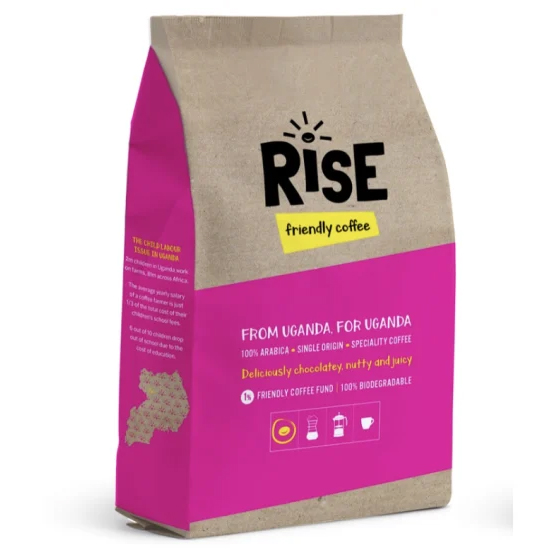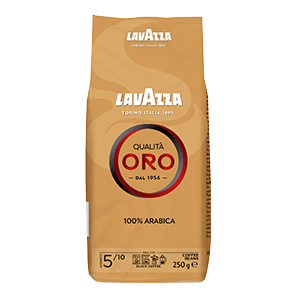4 things you should know before you buy a coffee machine - from adding a milk frother to recycling pods
How to get the best from the daily grind
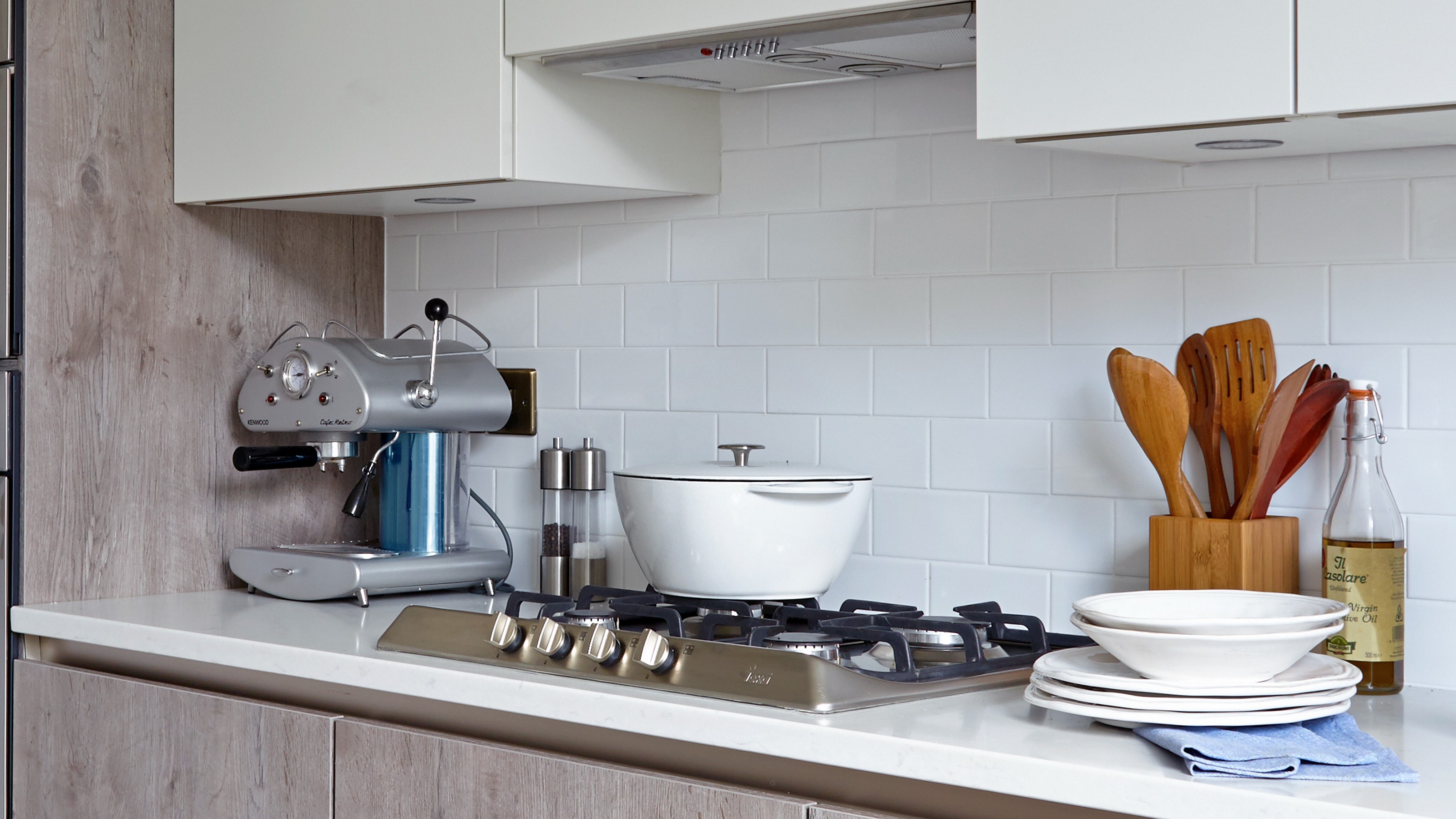

If you're anything like me, adding another appliance to your kitchen is a question of space and budget, with room on my worktop at a real premium. That's why reading up on everything there is to know before you invest in a coffee machine is a good move, and will help you get the caffeine fix you need with less fuss.
The world of the best coffee machines can be overwhelming. Everyone's got a favourite machine or prefers a certain method. That means working out what will best suit you before you pick a machine is as essential as your morning coffee.
According to a recent YouGov report, 35% of Brits drink coffee several times a day. So, to make that experience as smooth as possible , and to separate the beans from the pods, we've created these simple to follow tips.
Things to know before you buy a coffee machine
1. The difference between machines
This is the most important thing to know and the easiest thing to trip up on. To avoid buying the wrong type of machine think about whether convenience, quality or cost is the most important factor to you.
Broadly speaking, the best bean-to-cup coffee machines are the most luxurious option out there, and fundamentally offer quality coffee at the push of a button like no other type of coffee machine can.
Sophie Lane, Product Training Manager at Miele GB, a major coffee machine brand says: 'For those searching for a truly authentic coffee shop experience at home, consider a bean-to-cup coffee machine.'
She adds 'Bean-to-cup machines offer unrivalled freshness in comparison to other types of coffee machines, as the rich flavour and aroma of the beans is retained during the extraction process and therefore they can deliver a freshly brewed espresso, coffee or ristretto with a luxuriously smooth crema every time.'
Get the Ideal Home Newsletter
Sign up to our newsletter for style and decor inspiration, house makeovers, project advice and more.
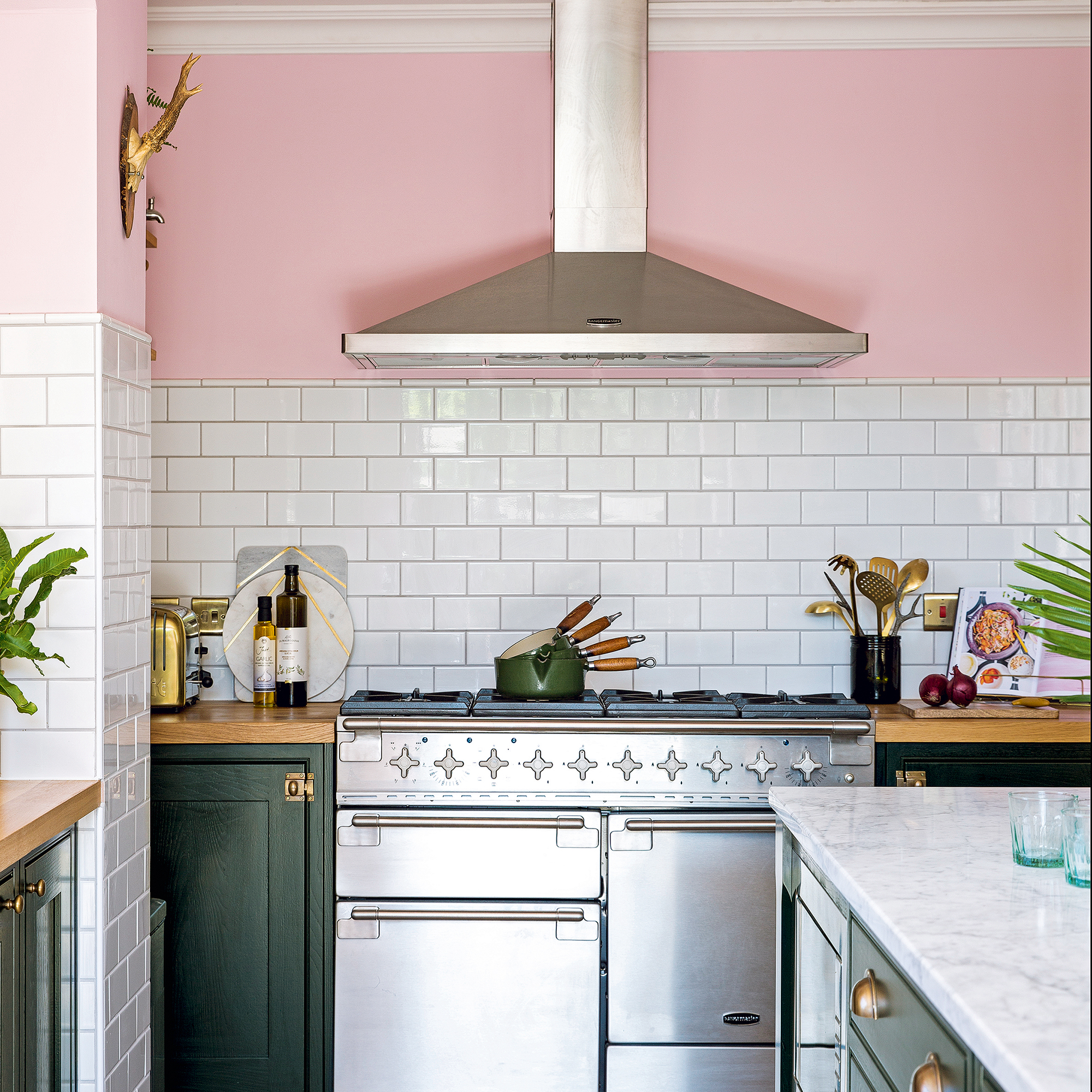
As we explored in our feature on whether bean to cup coffee machines are worth it, the upfront cost of these machines can be staggering, but if you'll use it, it can prove to be an investment that actually saves you money, especially if it leads to you ditching takeaway coffees.
Price, regardless of which type of machine you opt for, is likely to be your principal concern before you buy. Bryan Serwatka, Coffee Community Manager at Minor Figures advises 'We can all agree we love finding a bargain, but when it comes to a home espresso machine you should ask if you really want the full coffee experience at home.
He continues: 'If that’s a yes and you’re keen to learn about extraction, calibrating your grinder and water filtration I’d recommend ensuring you can spend a little bit extra to ensure your kit can actually match all of your coffee needs and not leave you wondering why you’d ever want to cut out your favourite barista.'
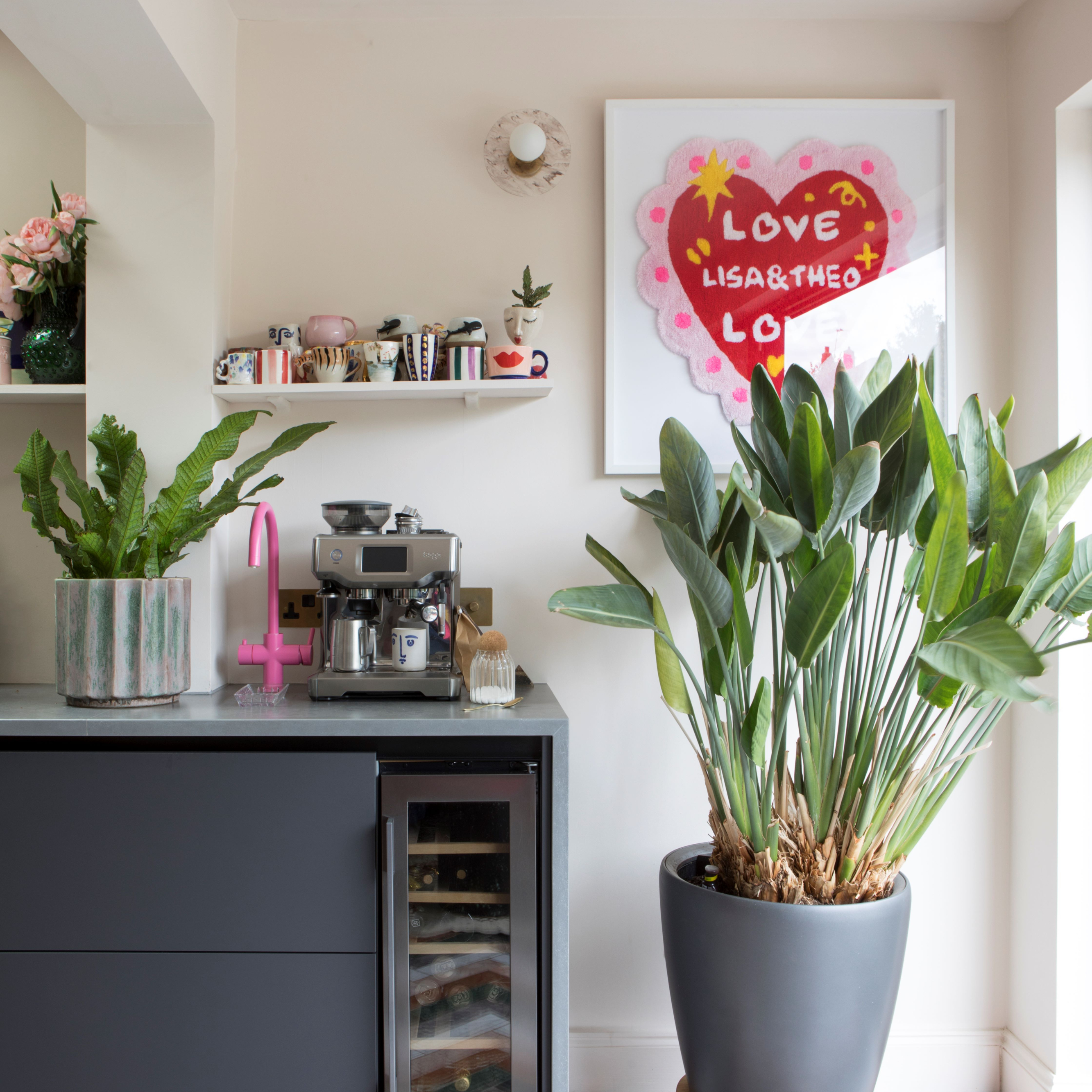
Alternatively, if you have £100 or less to spend, one of the best pod coffee machines is one option you could go for, with controls that make getting an espresso as easy as possible, as well as budget choices with built-in mik frothers.
The ongoing expense of a pod coffee machine will depend on which brand of pods your machine is compatible with. Versions which can be used with cheaper supermarket pods will likely yield the cheapest cup of coffee.
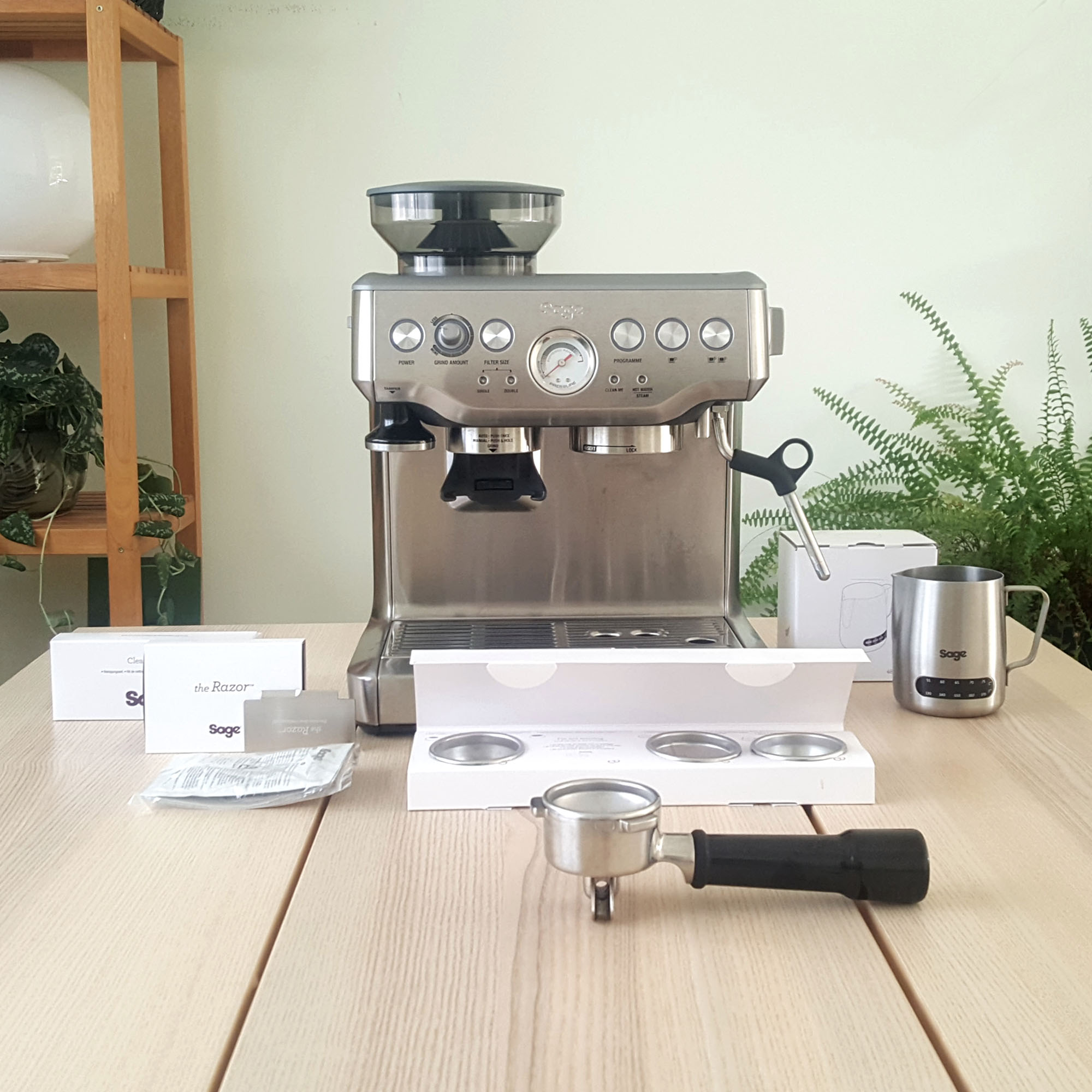
During testing of a bean-to-cup coffee machine.
Pod coffee machines aren't for everyone, however. If you're the type of person who likes being hands-on (you probably have a sourdough starter or love making your own dough for pizzas cooked in the best pizza ovens) then the level of control you get with a pod coffee machine probably won't cut it. An espresso machine could be a better choice if you're trying to keep costs low, but a grinder won't come cheap to accompany it if you want to use beans.
2. Whether you need a milk frother
All of these factors come down to personal preference, but this is a big one if you want to keep an eye on costs and space. If you're a dedicated Americano or espresso drinker, then you could skip on a milk frother entirely, and have more to spend on the quality of the coffee making.
If you're a long-drinks lover, an integrated milk frother will help with curbing your coffee shop habit. We're talking cappuccinos, lattes and flat whites on demand at home.
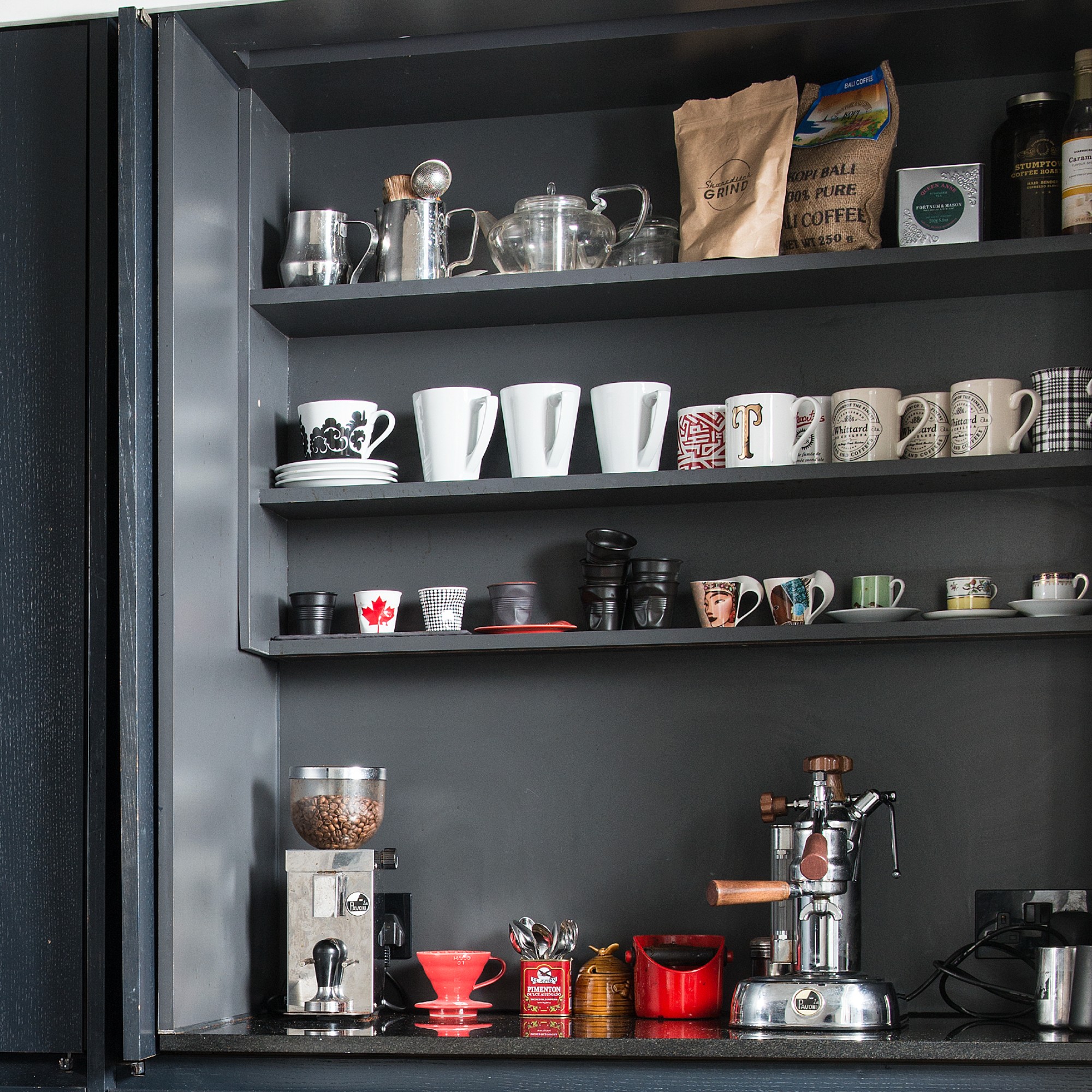
If you want a particular machine but it doesn't have a frother built-in, then picking one of the best milk frothers as an add on is also a good choice. That's because many frothers on the market now can also double as hot chocolate makers, as well as froth hot and cold milk, making them pretty versatile.
3. Recycling and upgrading
Eco-credentials are important. After all, there's no point spending hours sorting your recycling or picking a sustainably made coffee machine if you have nowhere you can locally dispose of your used pods.
We'd advise doing a little research before you decide on a machine. A few of our favourite sustainable coffee machine brands are GRIND and Dualit, with both making an impact in the pod coffee market. Alex Gort-Barten, Director at Dualit says: 'We have made significant strides in eradicating plastic from our coffee pod ranges and we will continue to drive positive changes that benefit both the planet and future generations.'
One way to join those positive changes is to use schemes such as Podback, which makes recycling your pods easy depending on where you live. Devices like the Dualit EcoPress Max (£19.99 from Dualit) even allow you to break down pods at home, leaving you to then recycle the leftover aluminium as normal.
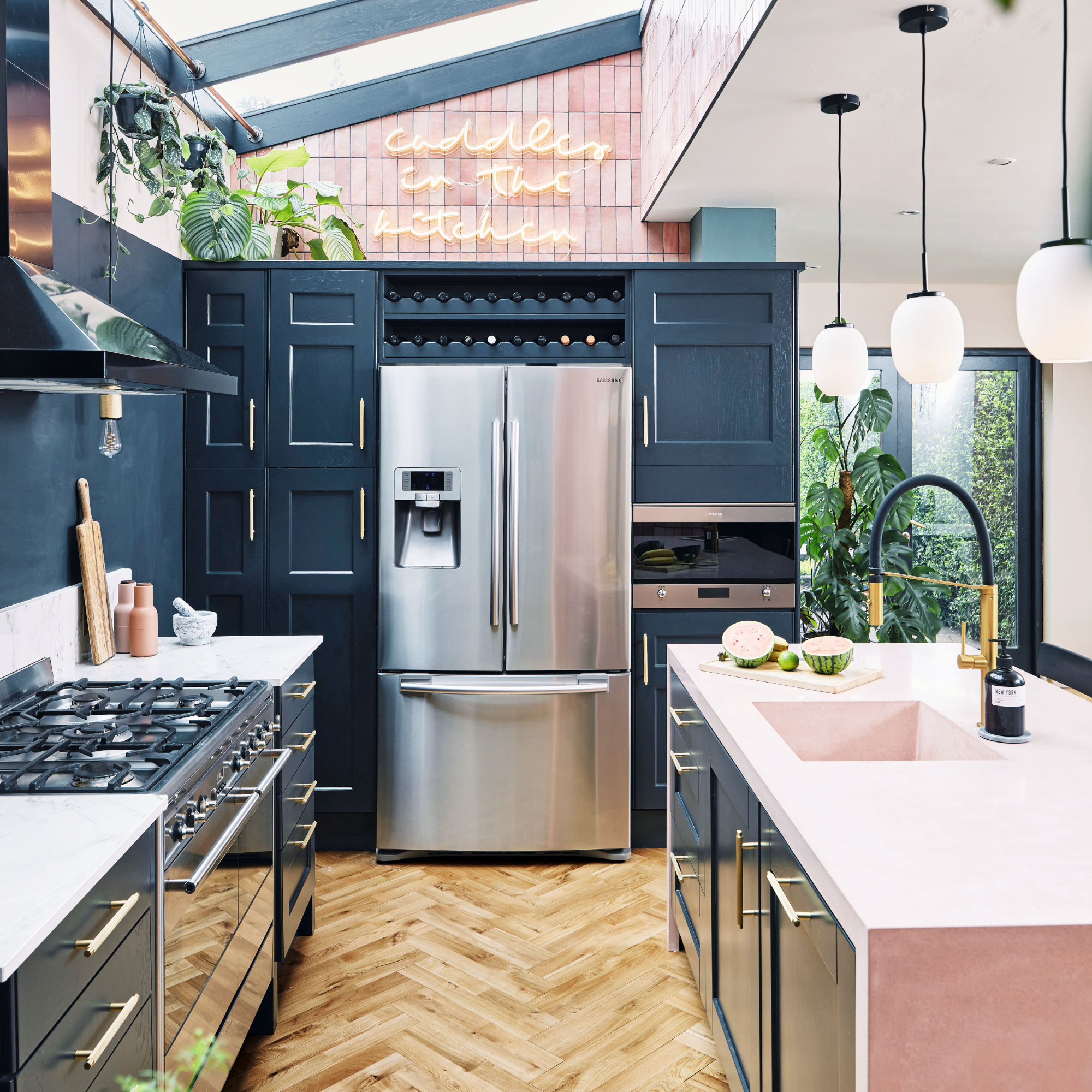
Knowing what to do with leftover coffee grounds is important if you envision using ground coffee or beans. Even better, if you're green-fingered, you can be safe in the knowledge that you can use leftover coffee grounds in your garden too, and improve the health of your plants while you're drinking coffee.
If you're investing in your first machine, you may envision upgrading to a nicer machine at some point in the future once you're sure that you'll use a more expensive model. If you do end up with a coffee machine you need to be rid of, knowing how to dispose of kitchen appliances properly is essential.
4. Coffee subscriptions
You might be understandably caught up in choosing your shiny new machine right now. But one thing I wish I'd thought about more in advance is the kind of coffee I want to use with my machine, and where I'm going to get it from.
For me, beans are the ultimate everyday luxury. Bryan Serwatka, Coffee Community Manager at Minor Figures, agrees saying: 'If you’re looking for a more indulgent experience, then nothing beats a setup where you can use freshly ground coffee beans.'
'This opens up a huge world to you to discover the various origins, processes and varietals of coffee produced by so many incredible producers around the world,' he goes on to say. 'And of course this is the greenest option with coffee waste being biodegradable, an incredible fertiliser - or even the base of an incredible face scrub!'
The best way I've found so far is subscription services, which allow you to try out different types of beans or ground coffee, meaning that your world is broadened beyond just the supermarket shelves. A subscription also makes a great gift, if you want to start heavily hinting to any of your loved ones! These are a few of the coffee subscription services I've tried and loved.
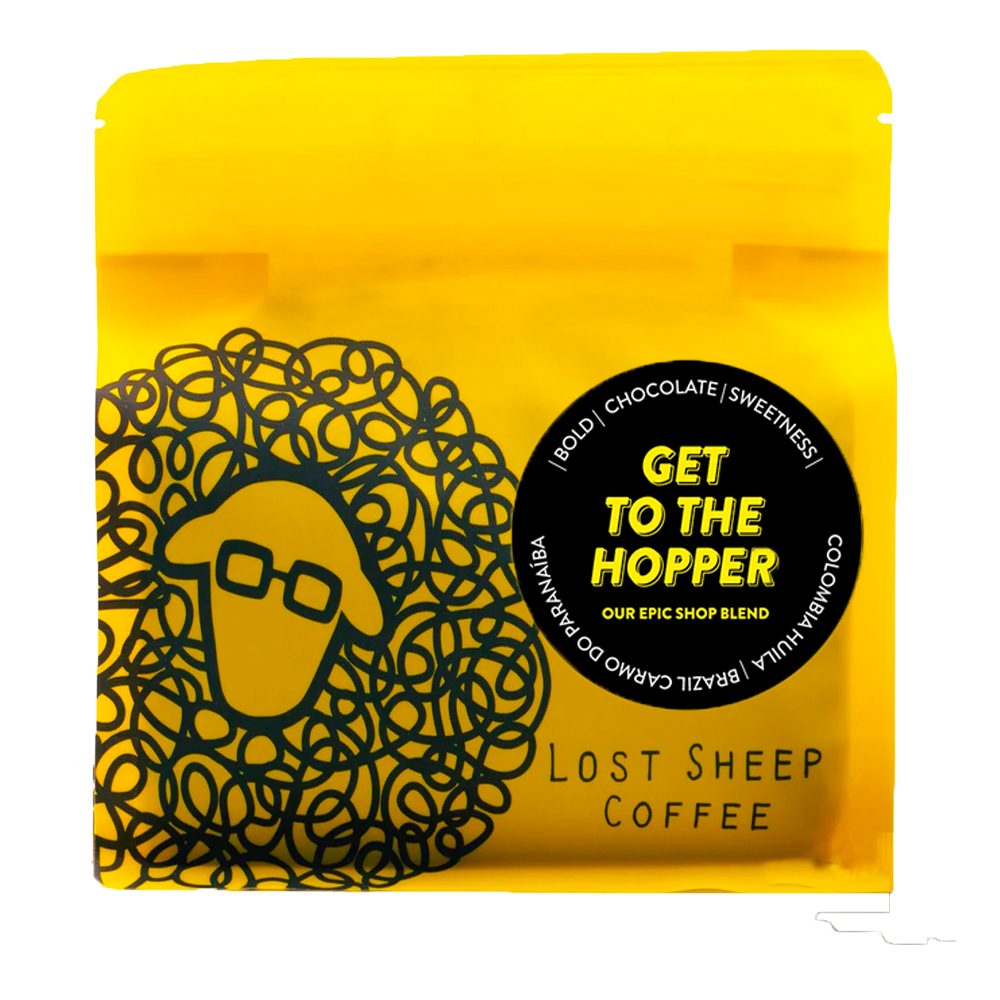
Lost Sheep Coffee is roasted in Kent and has a wonderful variety of options. Subscriptions start from £7.99.
With a subscription, you'll never get that terrible sinking feeling when you realise there's no coffee in a rush.
With these tips, your journey to owning a coffee machine should be a stress-free experience. Remember, as long as you enjoy the end product, then your coffee machine is well worth a spot on your worktop.

Molly is Ideal Home’s Kitchen Appliances Editor, the Ideal Home Certified Expert on Appliances. An all-around cooking and baking enthusiast, she loves finding the next must-have product for readers that will their kitchen a better place. She joined the team in September 2022 after working on the editorial teams of Real Homes, Homes & Gardens and Livingetc.
For the last 4 years, she's been reviewing hundreds of small appliances; conducting tests at home or in the Ideal Home test kitchen. She would be hard-pressed to pick a Mastermind specialist subject but air fryers are her ultimate area of expertise, after testing just about every single one released since 2022.
To keep ahead of trends and new releases, Molly has visited the testing and development spaces of multiple kitchen brands including Ninja Kitchen and Le Creuset as well as attended consumer shows such as IFA, hosted in Berlin to see the cooking innovations of the future.
-
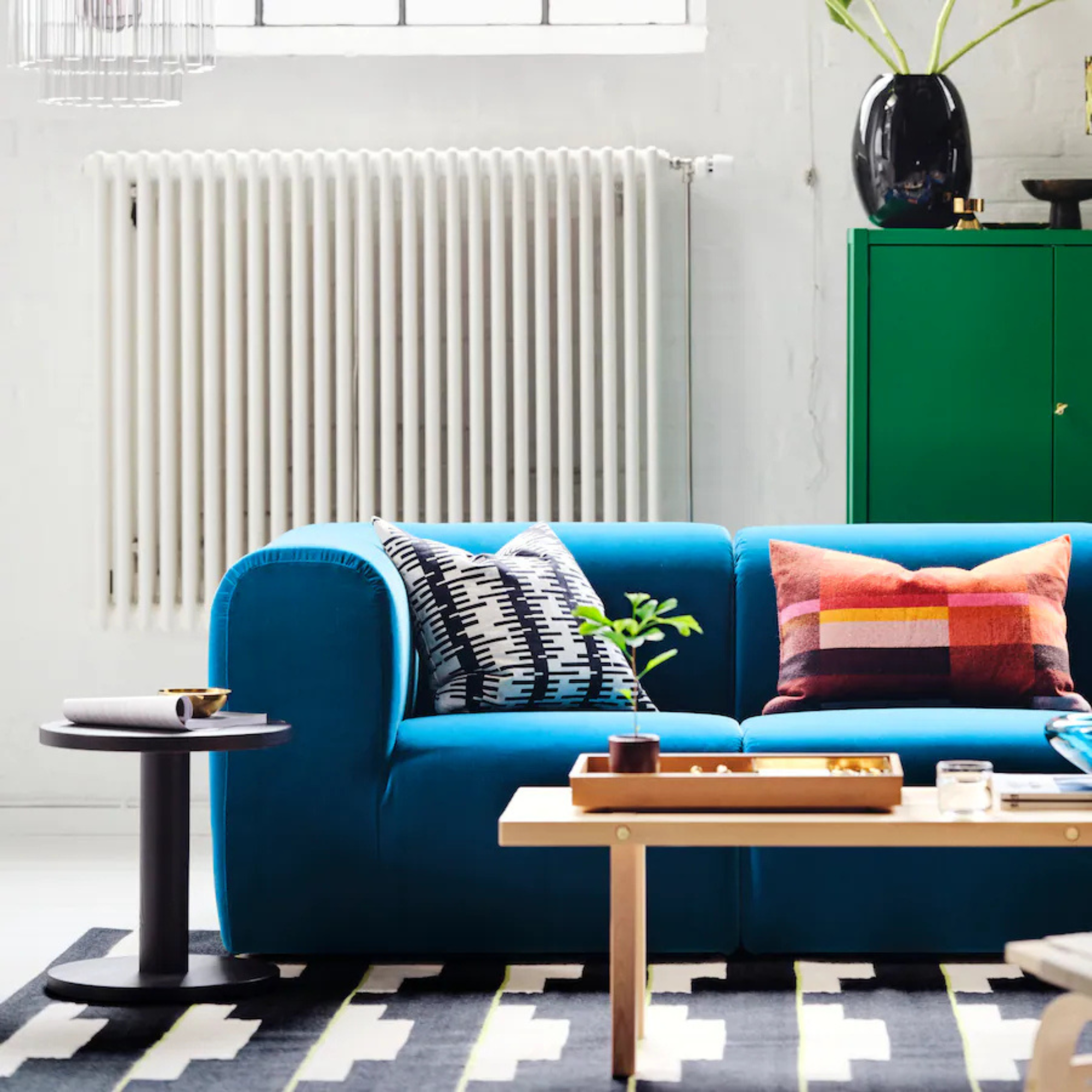 IKEA has just launched a massive 96 new products - but these are the only pieces you need to pay attention to
IKEA has just launched a massive 96 new products - but these are the only pieces you need to pay attention toThe classic STOCKHOLM collection just got even better
By Kezia Reynolds
-
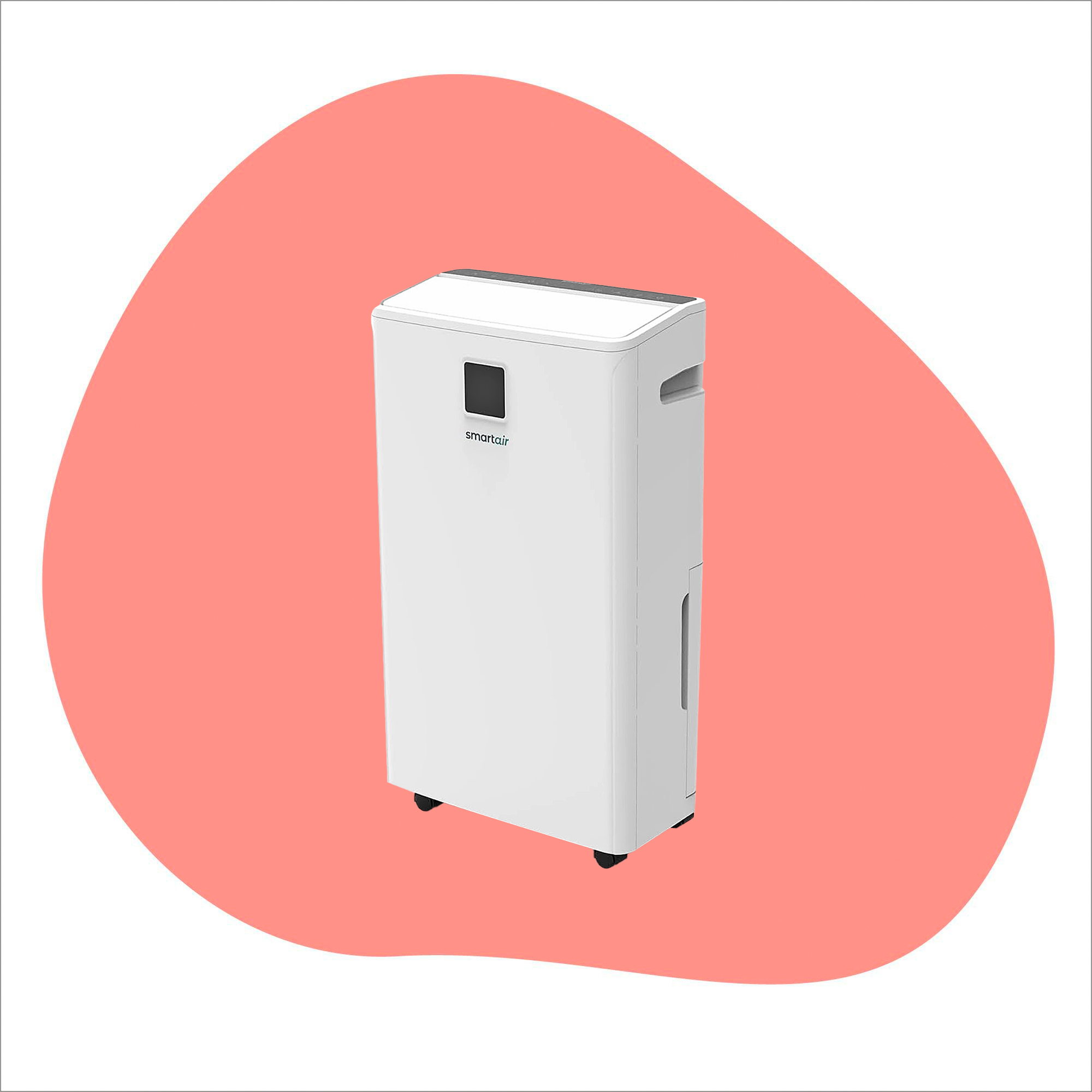 I tried out this neat little dehumidifier for a month – it dried my laundry in half the time
I tried out this neat little dehumidifier for a month – it dried my laundry in half the timeThe 20L SmartAir Dry Zone dehumidifier tackled my laundry drying woes head on
By Jenny McFarlane
-
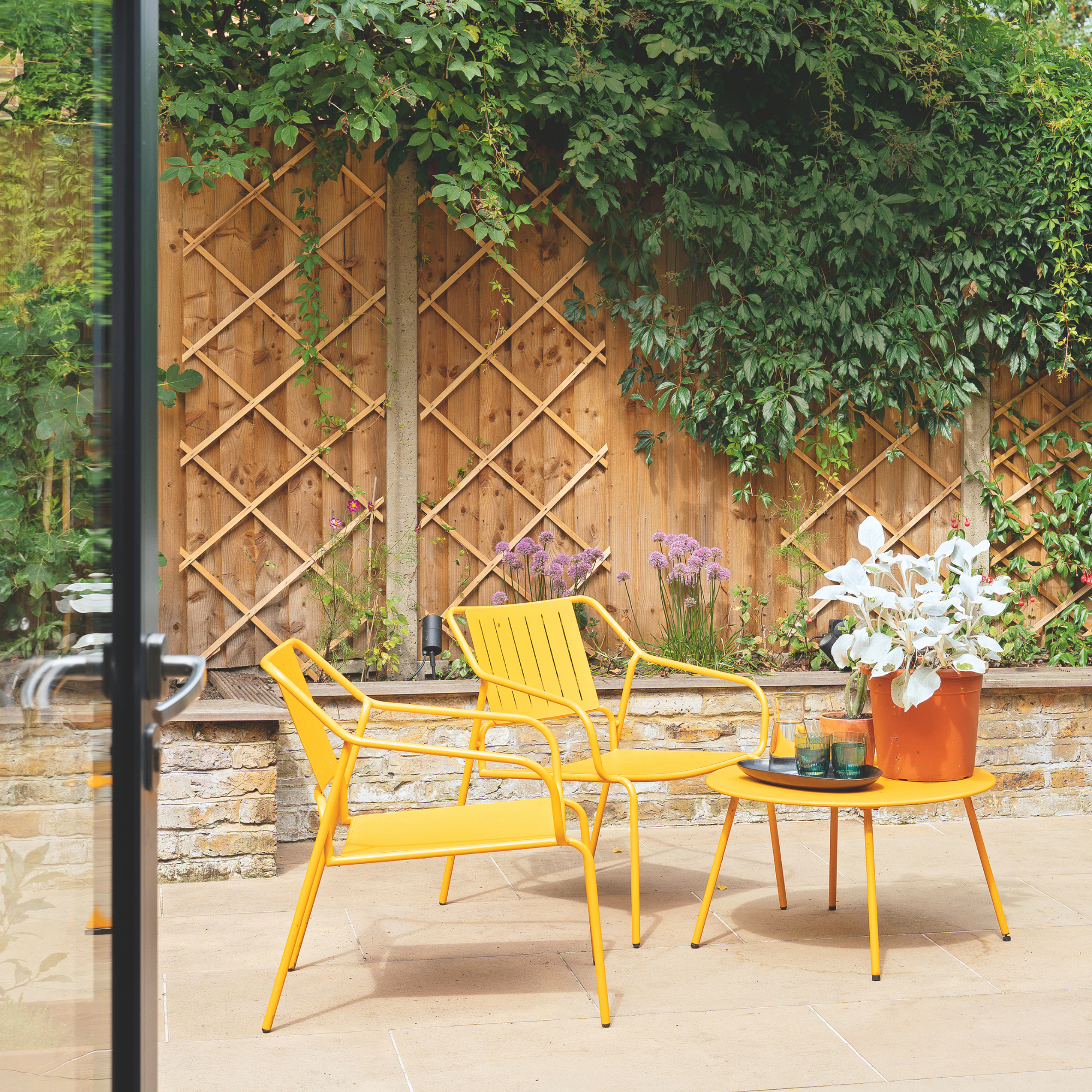 I’m seeing pastel garden furniture at all my favourite brands this spring, but QVC’s sorbet collection impressed me the most
I’m seeing pastel garden furniture at all my favourite brands this spring, but QVC’s sorbet collection impressed me the mostFresh pastel shades are a great way to liven up your outdoor space
By Kezia Reynolds
